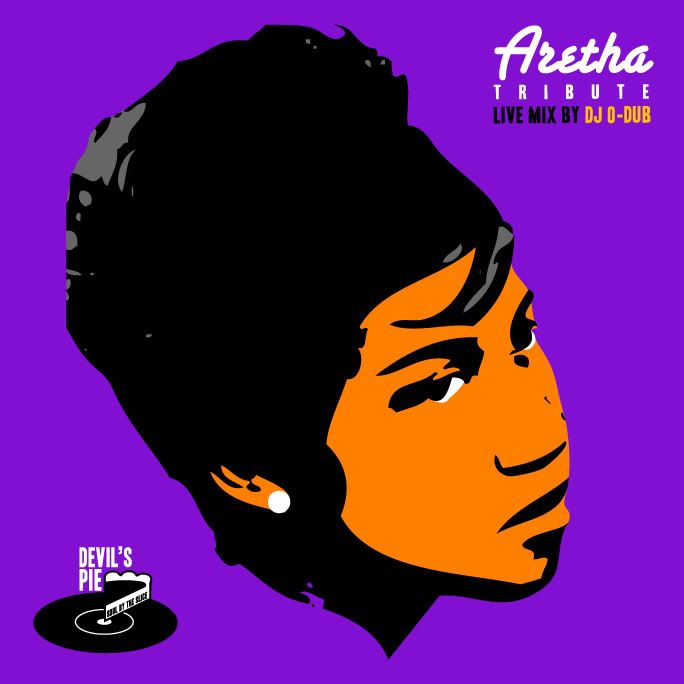GUEST POST: DAVID MA ON PAUL PARRISH
posted by O.W.

(Editor's note: I'm still in the middle of new-house-hell but David Ma - who writes one of my favorite music blogs, Nerdtorious - graciously contributed a guest post. I gave him a simple concept to go with - "what's the last album that really grabbed your attention?" Here's what he had to say. --O.W.)
- Paul Parrish: English Sparrows
Tiny Alice
I Can't Help Myself
From The Forest of My Mind (MFS, 1968)
I’m honored to contribute to Soul-Sides, an audio blog that’s been influential on my own work and, through the years, still sucker-punches me with quality. I was asked to write about the last record that grabbed me and hopefully it’ll grab Soul-Siders too.
I’m not a psych expert by any means, but I know what I like. In this case, Paul Parrish’s The Forest of My Mind brings the goods through great arrangements and lush apexes—courtesy of Dennis Coffey no less. Coffey’s influence is obvious as drums and guitars sit high in the mix, second only to the vocals, with all kinds of kitschy touches thrown in. Like his impressive mustache, this record is thick and homegrown, all penned by Parrish besides two covers that round out each side. While Forest… is of the Electric Kool Aid era, it never comes off novelty or too indulgent. Think Donovan on shrooms, cutting an earnest record.
The first track, “English Sparrows”, best represents it as a whole. It grabs you from the get-go with swooping strings and its mellow groove. Like the entire record, more elements emerge on repeated listens. This track was the impetus for my obsession with this record.
The next song, “Tiny Alice”, opens side-b. No trippy imagery, just Parrish begging his lady to “come back home tiny Alice.” All the harmonies, drum fills, and tension-building strings precede a melodic, carnival-esque chorus.
The record’s final cut covers The Four Tops’ “I Can’t Help Myself”. It’s fitting since the record, like Parrish (and Dennis Coffey) are both from Detroit. It’s tepid compared to the original (like Jay-Z once said: “Your voice too light!”) but it rounds the album out in a fun way. This is definitely on a pre-Mayer Hawthorne tip.
This was the last record to strike me and wouldn’t have been possible without heads hipping me to it (thanks Maurice!). A folky-psych project like this (with a Beatles and Motown cover) could’ve easily fell on its sword but doesn’t. The tight arrangements keep it fresh and Parrish, whose career remained lost in the woods so to speak, never oversteps his place.
--David Ma
Labels: guest post, rock














